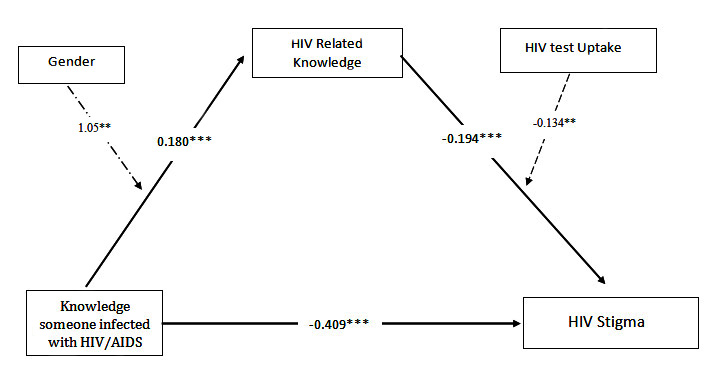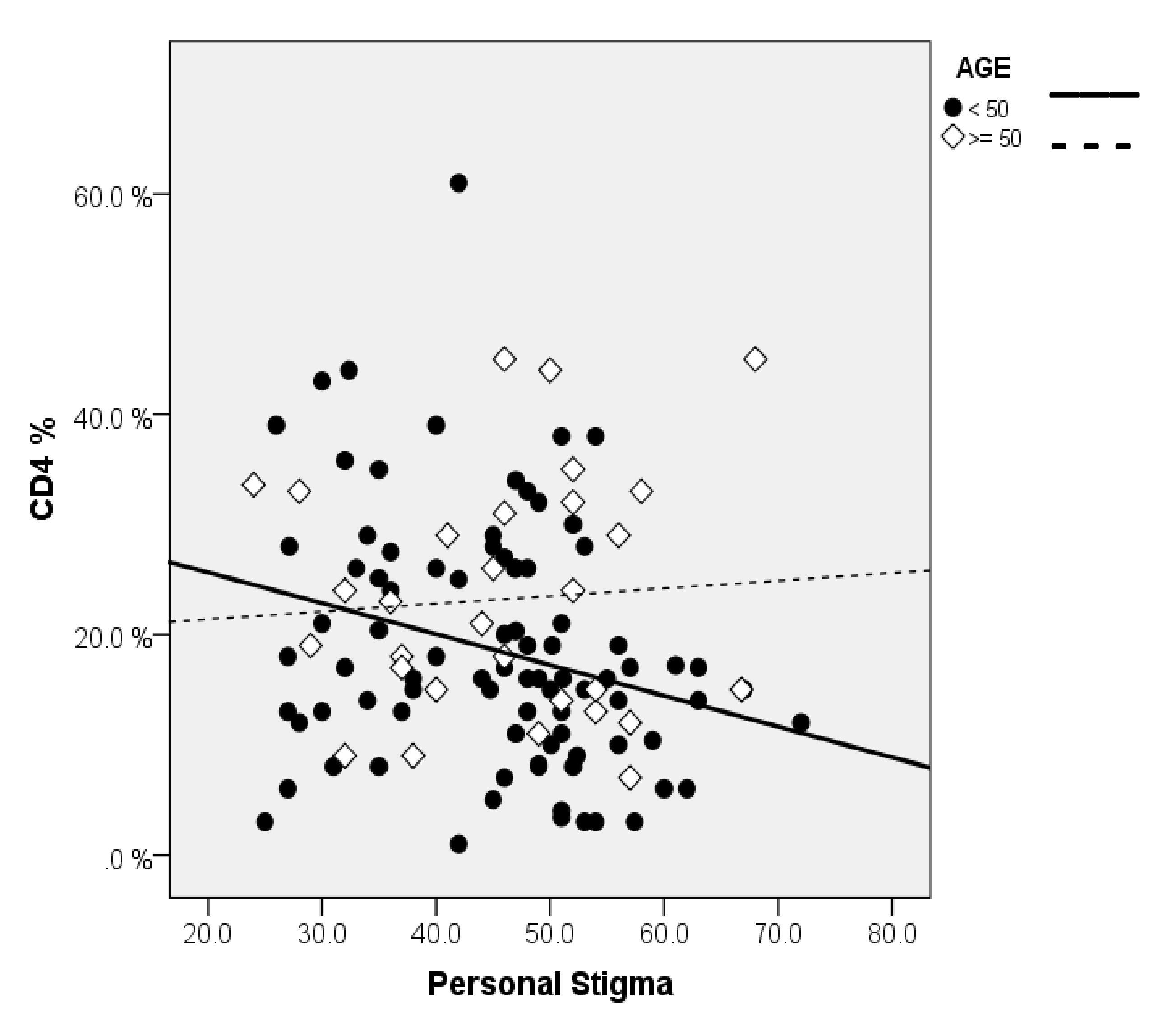People Living with HIV/AIDS (PLWHA) across all ages experience some degree of HIV-related stigma. Although HIV/AIDS is now considered a chronic, treatable illness, stigma continues to be an issue for many PLWHA and may affect engagement and retention in HIV care. Additionally, stigma reduces the likelihood that PLWHAs will disclose their status to others, which may play a role in obtaining care and social support, and in the risk of transmitting the virus to others (Simoni & Pantelone, 2005). Stigma also serves as a barrier to HIV/AIDS prevention and treatment (Mahajan, et al., 2008) and may contribute to the expansion of the epidemic (Visser, Kershaw, Makin & Forsyth, 2008). Stigmatization may lead to feelings of shame, guilt, self-loathing, and depression, which can result in low self-esteem and decreased social interactions (Emlet, 2007; Galvan, Davis, Banks, and Bean, 2008). PLWHA have reported being stigmatized by family and friends, as well as losing their jobs or housing (Herek, 1999). Because of the negative health outcomes related to stigma, strategies and interventions to reduce HIV/AIDS-related stigma have been identified, developed, and recommended for implementation in both developed and developing countries. Heijnders and van der Meij (2006) reviewed pertinent literature and identified numerous strategies and five levels of intervention to reduce stigma: 1) intrapersonal, 2) interpersonal, 3) organizational/institutional, 4) community and 5) governmental/structural. Education is the common thread in interventions to reduce HIV/AIDS-related stigma. Heijnders and van der Meij (2006) argue that interventions must empower PLWHAs to take an active role in developing relevant stigma-reduction programs in their communities. It is important that outcomes be assessed to determine effective strategies for different populations. A recent literature review of interventions to reduce HIV/AIDS-related stigma has shown that measures used to evaluate stigma reduction in intervention studies were disparate or inadequate. Additionally, none of the studies addressed or showed any outcomes related to increased HIV testing, access to care and treatment, new and improved policies, or improved social support. However, knowledge gaps persist about the impact of HIV-related stigma on HIV-specific outcomes and in various age groups. This special edition solicits high-quality manuscripts about HIV-related stigma and the role of stigma on HIV-related outcomes. Submitted papers may be in the form of original qualitative or quantitative research, case reports, and integrative literature reviews. This special edition invites manuscripts from all disciplines.
This website uses cookies so that we can provide you with the best user experience possible. Cookie information is stored in your browser and performs functions such as recognising you when you return to our website and helping our team to understand which sections of the website you find most interesting and useful.






